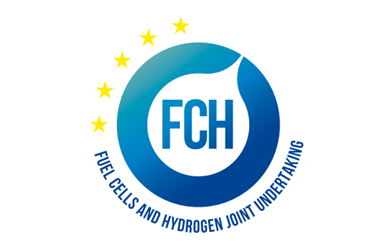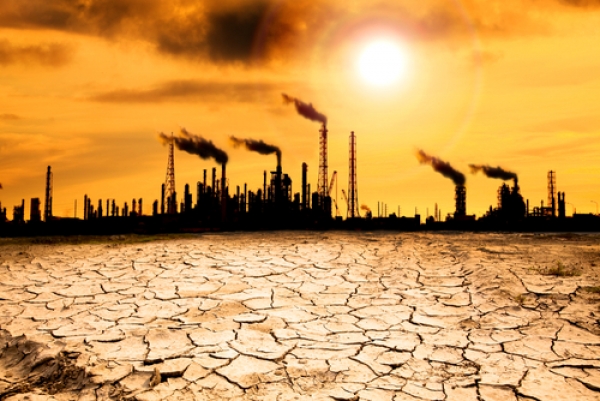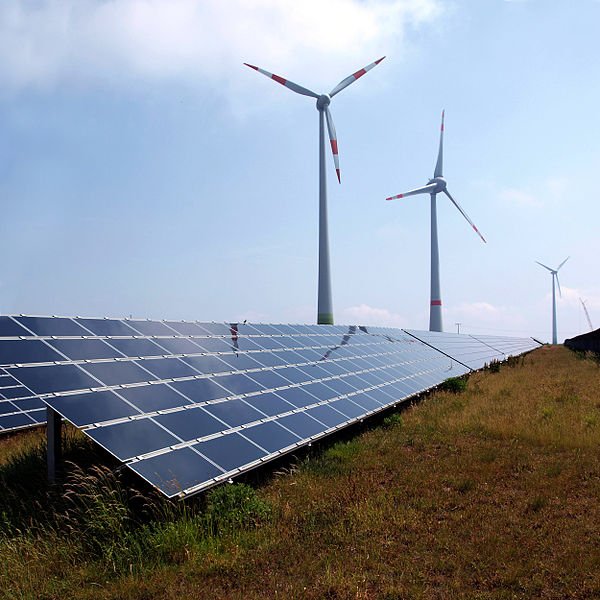Study on energy subsidies and other government interventions in the European Union
This report documents work completed for the Directorate-General for Energy (DG ENER) of the European Commission (EC) on energy subsidies and other government interventions in the EU. The work was done by a two-member consortium: Enerdata, the project lead, and Trinomics. It is the latest in a series of DG ENER studies going back to…


































